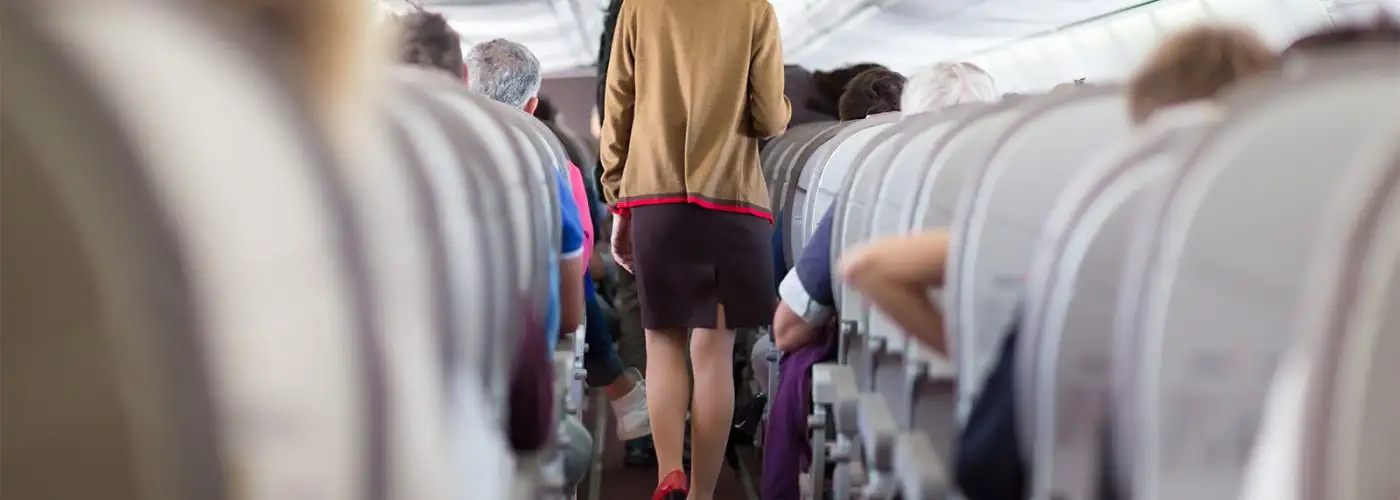If you closely followed the debate leading up to the American-US Airways merger, you’ll recall a period during which it seemed a safe bet that the Department of Justice would nix the tie-up on antitrust grounds. DOJ officials signaled that, after signing off on mergers between United and Continental, Delta and Northwest, and Southwest and AirTran, further consolidation was likely to impede competition and give the airlines outsize pricing power. And it was their duty to forestall just such an outcome.
And yet, in the end, the merger was approved, and today roughly 80 percent of the country’s commercial flights are controlled by just four carriers.
As I’m sure were many other industry-watchers, I was taken aback by the reversal and left wondering what had happened behind closed doors to tip support in the merger’s favor.
An in-depth article published this week by ProPublica, the Pulitzer Prize-winning investigative journalism organization, sheds plenty of harsh light on an approval process that was anything but fair and transparent.
The article begins by confirming that the DOJ’s suit to derail the merger amounted to an admission by the Department that it had been too lenient in its previous merger approvals, and that consolidation had gone too far. But the Department’s top administrators and lawyers were convinced they had a strong case against the American-US Airways merger, and that they’d succeed in squashing it.
What they were unaware of, however, was the industry-funded effort to undermine the DOJ’s efforts, deploying de facto lobbyists to make the airlines’ case to high-ranking officials in both the White House and at DOJ, which the ProPublica piece describes in considerable detail.
As we all know, those lobbying efforts were successful, and the DOJ withdrew its lawsuit, allowing the merger to proceed with only token concessions.
For anyone who puts consumer interests above those of big business, the story is a depressing one, not just for the end result but for the failure of the process itself, which was supposed to protect consumers from corporations’ oligarchic tendencies.
When a consumer-protection agency’s best instincts can be subverted by money and power, it’s no wonder that cries of “The system is rigged!” have been so loud and persistent, or that they resonate with so many.
Reader Reality Check
While not surprised, I am outraged. You?
More from SmarterTravel:
- 8 Tips for Healthy Living on the Road
- Need Help from an Airline? Don’t Bother Tweeting
- Of 6 Major Hotel Programs, This 1 Is by Far the Most Generous
After 20 years working in the travel industry, and 15 years writing about it, Tim Winship knows a thing or two about travel. Follow him on Twitter @twinship.
We hand-pick everything we recommend and select items through testing and reviews. Some products are sent to us free of charge with no incentive to offer a favorable review. We offer our unbiased opinions and do not accept compensation to review products. All items are in stock and prices are accurate at the time of publication. If you buy something through our links, we may earn a commission.
Related
Top Fares From
Today's Top Travel Deals
Brought to you by ShermansTravel
France: 8-Night Paris, Avignon & Nice...
Infinity Worldwide Vacations
 vacation
$2880+
vacation
$2880+
Poconos: 3 Nts in Garden of...
ResortsAndLodges.com
 hotel
$305+
hotel
$305+
7-Nt Canada & New England Cruise,...
Princess Cruises
 cruise
$839+
cruise
$839+




